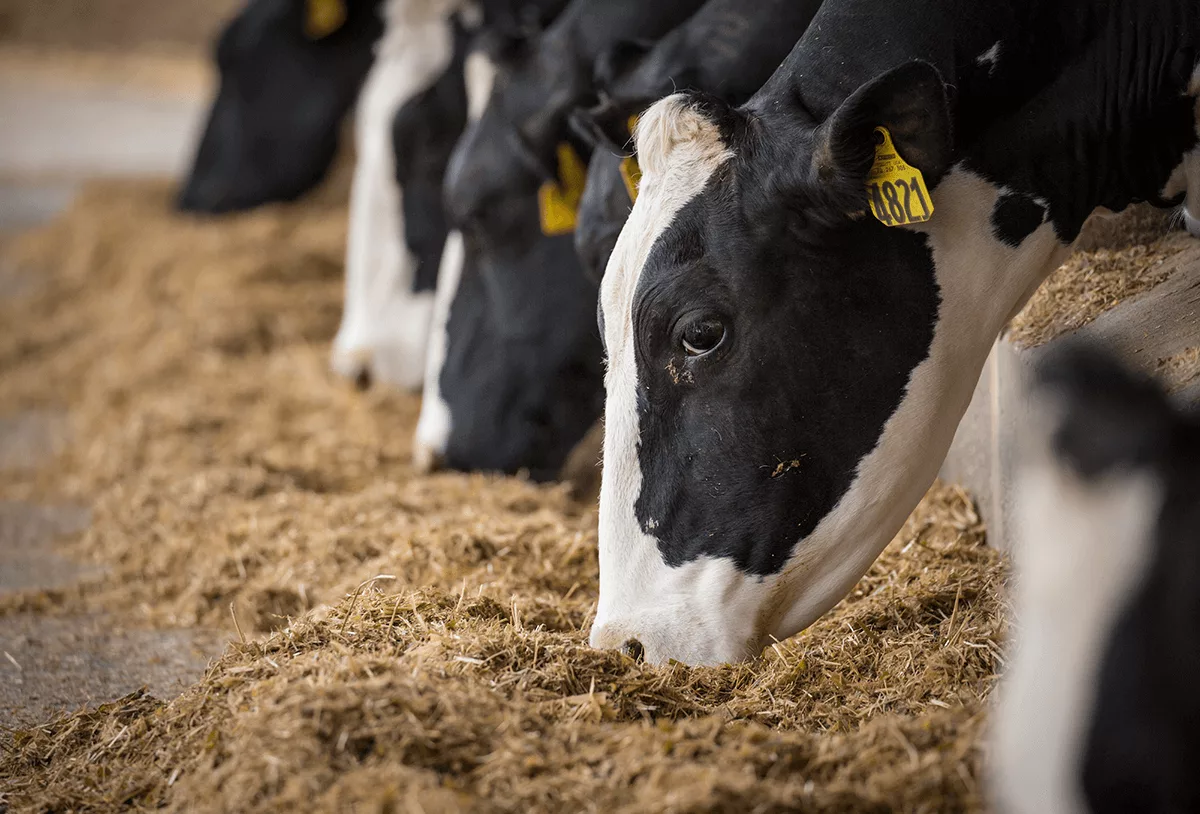Dairy cows, like other farm animals (and humans for that matter), sometimes get sick, requiring an antibiotic.
The responsible use of antibiotics, both in veterinary and human medicine, is part of providing ethical care. It’s also part of a global conversation about antibiotic resistance, which is a serious public concern shared by animal and human health experts.
In response, the animal health community, farmers and veterinarians earlier this year changed how they operate in the United States by changing how some antibiotics are administered to food-producing animals.
Now there’s an expanded role for veterinarians, as well as limitations that allow use of antibiotics important to human medicine only for disease treatment, control and prevention – not growth promotion.
But what if, beyond these changes – as important and significant as they are – there were innovations in animal care and products that reduced the need for antibiotics in the first place?
The good news is that day is here, as the innovation engine is firing on all cylinders. The animal health community is committed to developing new animal health solutions that help reduce the need for antibiotics, envisioning a future where multiple tools are used to keep animals healthy.
While striving to find new solutions, there will remain times when responsible use of antibiotics is still the right course of action. But antibiotics are just one tool used on farms to keep animals healthy. Disease prevention, which reduces the need for antibiotics, also involves:
1. Nutrition: A high-quality, balanced diet is important to ensuring healthy animals. Farmers grow and purchase feed and forage crops as the basis for healthy diets for their milking herd and young calves. Nutritionists carefully balance the diet with supplemental feeds, vitamins, minerals and other nutritional products. Cows drink 30-50 gallons of water a day, so access to fresh water is also essential.
2. Housing: Stalls should have clean, soft bedding and be an appropriate size for cows so they can stand or lie down easily. It’s also important cows have good footing to prevent slipping.
3. Ventilation: Animals are raised indoors on most farms today where they’re protected from extreme temperatures and conditions. Fans keep animals comfortable and provide fresh air in barns. Proper ventilation also helps decrease the spread of disease.
4. Biosecurity: Think contain and control – biosecurity measures prevent disease from being brought onto a farm, spreading within a farm or leaving the farm. Measures include restricted access where animals are housed to prevent exposure to bacteria or other diseases from shoes or vehicle tires.
5. Vaccines: Though vaccines are not available for every disease, when they are, they help protect the health of animals by improving and building their immune system.
6. Dairy nutritional specialty products: There are nutritional products for dairy cows to help support a healthy immune system, which may decrease the need for antibiotics.
Innovation drives change and continuous improvement. Experts in the animal health community are working to develop and produce innovative products to enhance and protect animal health, which is helping reduce the need for antibiotics. And that’s a future we can all get behind!
I welcome your thoughts and questions. Please feel free to send me an email at AskDrDorman@pahc.com or call me at 844-288-3623. You can also browse our Resource Library to learn more about this important topic.
